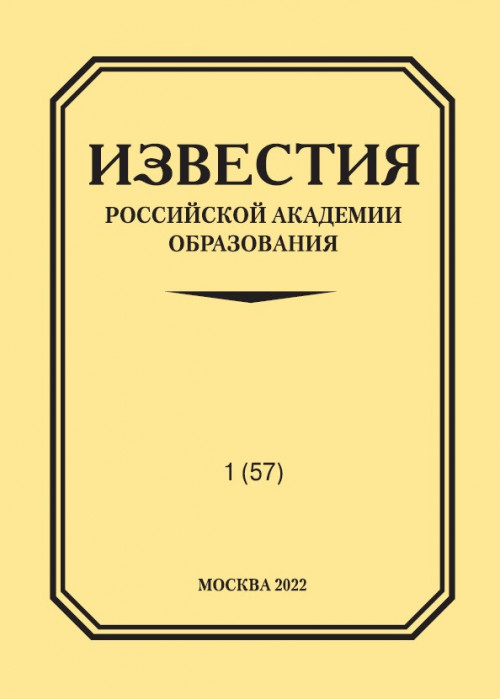Transformation of attitudes towards man and the world under the influence the crisis of culture and its concepts
Annotation
The article deals with two main topics: what is the attitude towards man and the world, and how it has changed in the history of culture. The author singles out three components in the category of relation - essence, correlation and distinction of members of the relation. The whole, in which changes in relations can be traced, is given by the concepts of “culture” and “personality”. Situations of changing attitudes towards man and the world in European culture are analyzed: the understanding of the soul by Plato and Aristotle; correlation of man and God in the work of St. Augustine and the letters of Heloise and Abelard; freedom and necessity as the poles of Kant’s new European attitude to man; the crisis of the new European attitude to man and the world (Nietzsche and Bibler); deconstruction of the new European attitude to man and the world in the works of Zygmunt Bauman. It is concluded that at present, characterized by a double transition (the crisis of modernity and the formation of “future culture”), the attitude towards the world and man becomes uncertain and deconstructed.
Keywords
| Type | Article |
| Information | IZVESTIA of the Russian Academy of Education № 01/2022 |
| Pages | 39-47 |
| UDK | 167 |
| DOI | 10.51944/20738498_2022_1_39 |
